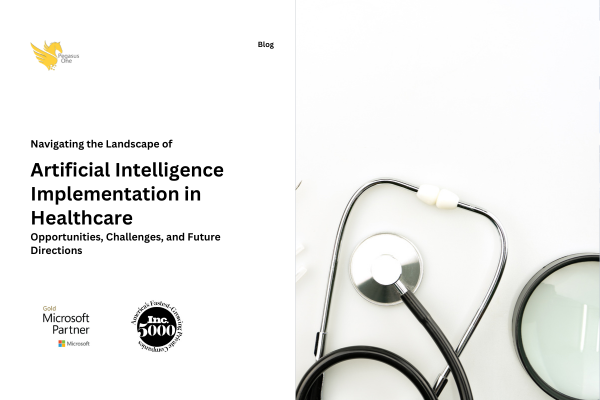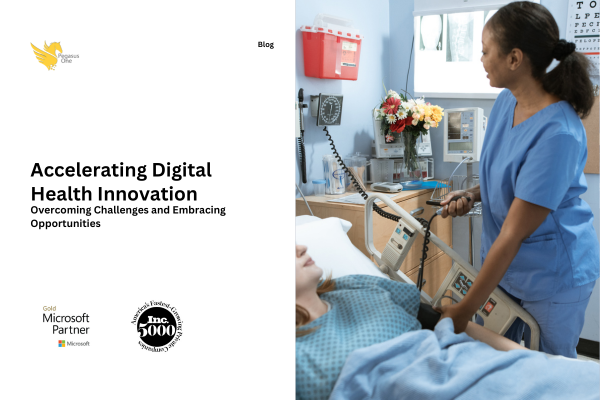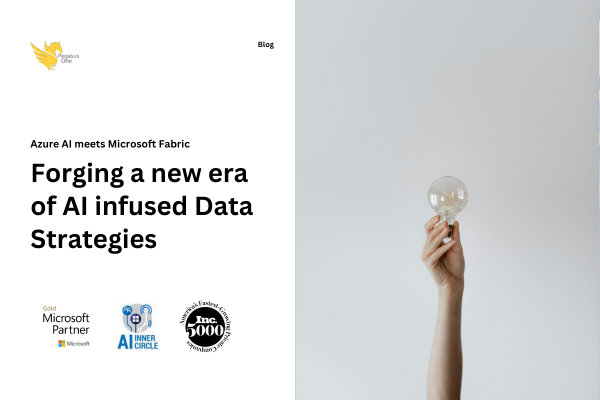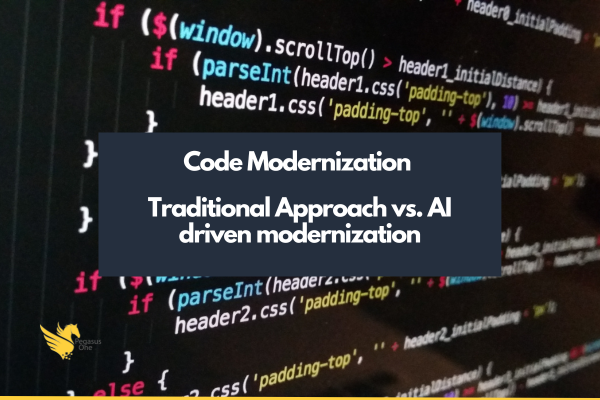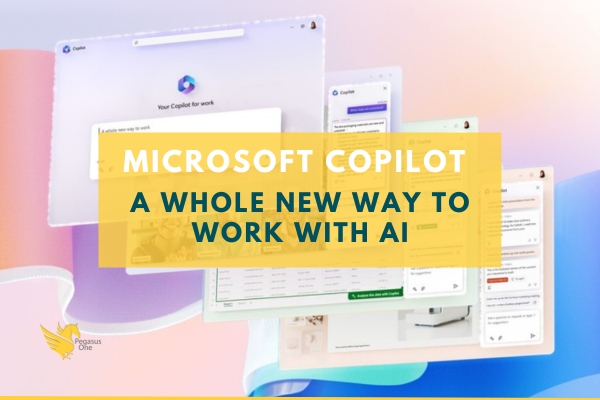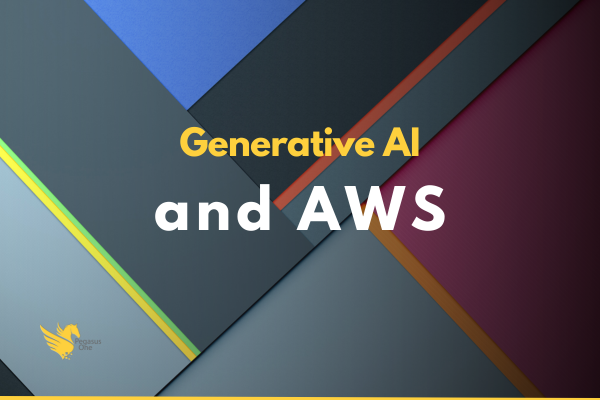Navigating the Landscape of Artificial Intelligence Implementation in Healthcare: Opportunities, Challenges, and Future Directions
The adoption of artificial intelligence (AI) in healthcare represents a pivotal moment in the evolution of medical technology. With the potential to revolutionize patient care, streamline clinical workflows, and drive operational efficiencies, AI holds immense promise for the healthcare industry. As stakeholders across the healthcare ecosystem grapple with the complexities of AI implementation, it is essential to explore the opportunities, challenges, and future directions shaping this transformative journey.
Understanding the Landscape:
At the forefront of AI implementation in healthcare are discussions surrounding the integration of advanced technologies into clinical practice. While the excitement surrounding AI’s potential to enhance diagnostics, personalize treatment plans, and optimize operational processes is palpable, it is accompanied by a myriad of considerations that demand careful navigation. From regulatory compliance and ethical dilemmas to technical infrastructure and organizational readiness, the landscape of AI implementation is multifaceted and nuanced.
Regulatory Considerations:
One of the primary challenges in AI implementation is navigating the complex regulatory landscape governing medical technology. Healthcare organizations must ensure compliance with stringent regulatory requirements, including data privacy regulations such as the Health Insurance Portability and Accountability Act (HIPAA) and the General Data Protection Regulation (GDPR). Moreover, as AI technologies evolve, regulatory frameworks must adapt to address emerging concerns related to transparency, accountability, and patient safety.
Ethical Implications:
The ethical implications of AI-driven decision-making in healthcare are profound and far-reaching. Discussions center around issues such as algorithmic bias, patient privacy, and the responsible use of AI technologies. As AI algorithms increasingly influence clinical decision-making, there is a pressing need to establish ethical guidelines and governance frameworks to safeguard patient rights and ensure equitable access to care. Moreover, healthcare organizations must grapple with questions surrounding the autonomy of healthcare professionals, the trustworthiness of AI systems, and the impact of AI on the doctor-patient relationship.
Technical Infrastructure and Data Governance:
Effective AI implementation in healthcare hinges on robust technical infrastructure and comprehensive data governance mechanisms. Healthcare organizations must invest in scalable computing resources, advanced analytics platforms, and secure data storage solutions to support AI-driven applications. Additionally, establishing data governance frameworks that prioritize data integrity, security, and interoperability is crucial for ensuring the quality and reliability of AI-generated insights. Collaboration with industry partners and technology vendors can facilitate the development and deployment of AI solutions tailored to the unique needs of healthcare organizations.
Opportunities for Innovation:
Despite the challenges inherent in AI implementation, there are significant opportunities for innovation and collaboration within the healthcare industry. AI-powered technologies have the potential to revolutionize clinical decision-making, improve patient outcomes, and enhance the efficiency of healthcare delivery. From predictive analytics and natural language processing to image recognition and robotic process automation, the possibilities for AI-driven innovation in healthcare are vast and diverse. By fostering a culture of innovation and embracing emerging technologies, healthcare organizations can position themselves at the forefront of the AI revolution.
Future Directions:
Looking ahead, the future of AI implementation in healthcare is characterized by ongoing innovation, collaboration, and adaptation. As AI technologies continue to evolve and mature, healthcare organizations must remain agile and responsive to emerging trends and challenges. This includes embracing interdisciplinary approaches to AI research and development, fostering partnerships with academia and industry, and engaging with regulatory authorities and policymakers to shape the future of AI regulation and governance. Moreover, continued investment in workforce training and education is essential for equipping healthcare professionals with the skills and knowledge needed to harness the full potential of AI in clinical practice.
Looking for AI + Healthcare Software Development
The journey towards AI implementation in healthcare is fraught with challenges, yet brimming with opportunities for transformative change. By navigating the regulatory landscape, addressing ethical considerations, and investing in technical infrastructure and innovation, healthcare organizations can harness the power of AI to revolutionize patient care and drive the future of healthcare delivery. As we stand on the precipice of a new era in healthcare, collaboration, and collective action will be essential in realizing the full potential of AI to improve health outcomes and transform lives. Contact us to get started with your journey to an empowered healthcare solution.

